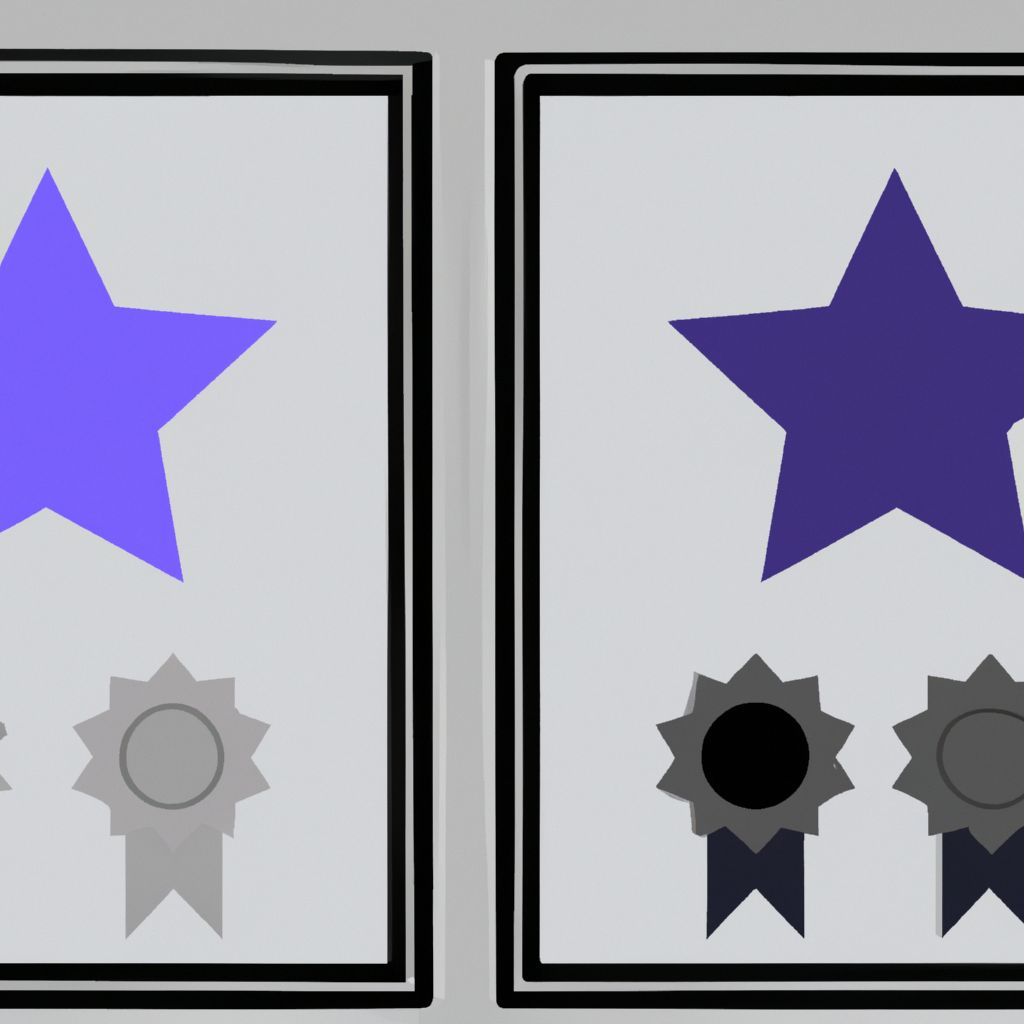Embarking on Your Penetration Testing Journey
A career in penetration testing (or ethical hacking) is exciting, challenging, and increasingly in demand. But breaking into this field requires specialized knowledge and practical skills. For many aspiring security professionals, enrolling in a dedicated pentesting course is the crucial first step.
With a plethora of options available, from online platforms and university programs to bootcamps and certification training, choosing the right course can feel overwhelming. The best choice depends heavily on your current knowledge level, learning style, budget, time commitment, and ultimate career goals.
Key Factors to Consider When Choosing a Pentesting Course
Don't just sign up for the first course you find. Evaluate potential options based on these critical factors:
Curriculum and Content:
- Comprehensiveness: Does the course cover the core pentesting domains? Look for modules on reconnaissance, scanning, enumeration, vulnerability analysis, exploitation, post-exploitation, web application testing, network testing, and reporting.
- Relevance: Is the content up-to-date with current threats, tools (like Metasploit, Burp Suite, Nmap), and techniques? The cybersecurity landscape evolves rapidly.
- Depth: Does it provide a solid theoretical foundation alongside practical application? Avoid courses that are purely theoretical or just tool tutorials without context.
Hands-On Labs and Practical Experience:
- Essential: This is arguably the most important aspect. Penetration testing is a practical skill. The course MUST provide ample opportunities to practice techniques in safe, simulated lab environments.
- Quality of Labs: Are the labs realistic? Do they cover diverse scenarios? Are they well-maintained and accessible? Look for courses offering dedicated, sandboxed lab environments.
Instructor Expertise and Support:
- Credentials: Who are the instructors? Do they have real-world penetration testing experience and relevant certifications?
- Support: What level of support is available? Can you ask questions? Is there a community forum? Access to instructors or mentors can significantly enhance learning.
Learning Format and Flexibility:
- Online vs. In-Person: Online courses offer flexibility, while in-person bootcamps provide immersive experiences.
- Self-Paced vs. Instructor-Led: Self-paced allows learning around your schedule, while instructor-led courses provide structure and deadlines. Choose the format that best suits your learning style and discipline.
Certification Alignment (Optional but Recommended):
- Industry Recognition: Does the course prepare you for recognized industry certifications like OSCP (Offensive Security Certified Professional), CEH (Certified Ethical Hacker), PenTest+, or others? While certifications aren't everything, they can significantly boost your resume.
- Exam Vouchers: Some courses include exam vouchers, which can represent significant cost savings.
Cost and Value:
- Investment: Courses range from free resources (like Cybrary or OWASP materials) to expensive bootcamps costing thousands of dollars.
- Return on Investment: Consider the cost relative to the quality of content, lab access, instructor support, and potential career advancement the course offers. Don't assume higher price always means higher quality.
Reviews and Reputation:
- Community Feedback: Look for reviews on independent platforms, forums (like Reddit's r/netsecstudents or r/oscp), and social media. What do former students say about their experience?
Aligning Your Course Choice with Career Goals
- Beginner: Look for foundational courses covering networking, operating systems (especially Linux), and basic security concepts before diving into a full pentesting course. CompTIA Security+ or Network+ training might be prerequisites.
- Web Application Focus: Seek courses emphasizing OWASP Top 10, Burp Suite, web vulnerability scanning, and manual testing techniques.
- Network Focus: Prioritize courses covering network protocols, Nmap, Wireshark, Active Directory exploitation, and infrastructure testing.
- Advanced/Red Teaming: Look for courses covering advanced exploitation, evasion techniques, custom tool development, and adversary simulation (e.g., OSCP, OSEP).
Conclusion
Choosing the right pentesting course is a significant investment in your future. By carefully evaluating the curriculum, prioritizing hands-on labs, considering the instructors and format, and aligning the course with your career aspirations, you can find a program that equips you with the necessary skills to succeed in the dynamic field of ethical hacking. Remember that learning is continuous; even after completing a course, stay curious, practice consistently, and keep up with the latest industry developments.
Disclaimer: This post represents the view of the individual author that wrote it and not necessarily the view of Rarefied Inc.
Looking for professional security testing?
Based on your interest in this topic, you might benefit from our specialized security services:
